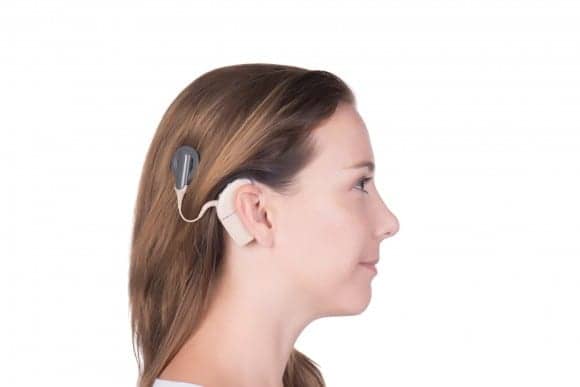Audiologists from the University of Southampton are investigating how a new patient–centered approach can help cochlear implant users self-manage their annual follow-up care program.
According to the University of Southampton, more than 13,000 people use cochlear implants in the UK. Currently, cochlear implant users must visit their implant clinic annually for the rest of their lives to monitor their hearing and check their implant device. However, some patients may not be able to attend clinic sessions due to work, family commitments, or travel, and have expressed an interest in managing their own care needs.
The University of Southampton Auditory Implant Service has launched a new clinical trial involving 60 patients who will use an online care package to determine whether the routine annual clinic check can be replaced with a personalized online version, better suited to the user’s needs. The study is being funded by the Health Foundation.
The study is led by audiologist Helen Cullington, PhD, who is responding to users’ requests to manage their own care by investigating how feasible it is to offer remote care. Cullington notes that remote care won’t work for everyone, but could make a major difference to the lives of many cochlear implant users. She adds that the study team is also interviewing clinic staff to see what the impact of remote care is on them and the service that they provide.
During the six-month randomized trial, half the participants will undertake the standard clinical program, while the other half will undertake the remote care package. The patients will reportedly monitor their hearing and do their own hearing rehabilitation and device care at home using an open source software program called “Lifeguide,” which was developed at the University. They will manage the majority of their care needs through online information, hearing exercises, troubleshooting support, and training goal setting. Some patients will also be able to fine-tune their hearing at home to suit their own real-world environment.
At the end of the trial, all participants will undergo a hearing test and an implant check to see if the remote care package provided the feedback and support users needed, and if the remote program could be adopted across the UK.
Source: University of Southampton
Image credits: University of Southampton; © Elizabeth Hoffmann | Dreamstime.com






I am 77 and have a real problem hearing mid-range and high-frequency sounds. The tv sounds blurred with low frequency. I would like to be tested. I have a real estate brokers license in the state of Florida, but have stopped working due to not being able to understand what the client is saying without asking them to repeat several times.
I am a 64 yr old bilaterally implanted late deafened adult who is unable to drive in metropolitan areas and heavy traffic along interstate highways due to a phobia and fear of highway driving and other related problems. I live 300 miles from my audiologist and would love more than anything to be able to remotely participate in a program such as this. As it stands now, I must wait until a friend or family can drive me or I will take the bus which is becoming more difficult due to the early or late hours and overnight travel.